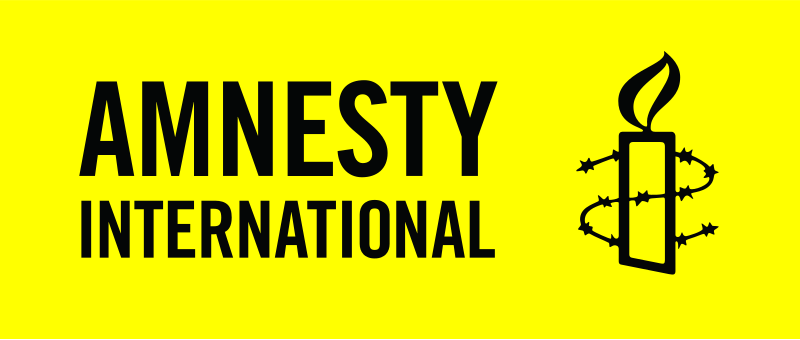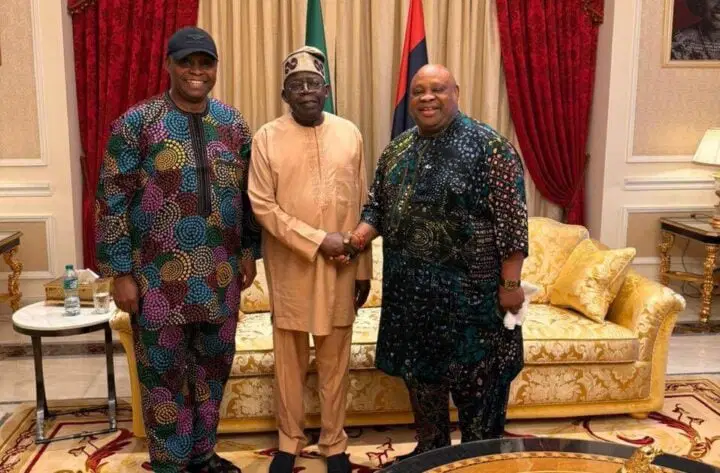Nigerian Politics: Decoding the Dynamics of Power and the Role of Politicians by Tolu Adebayo
ABUJA, NIGERIA – Nigerian politics is a complex, vibrant, and often contentious arena, shaped by a diverse population, a federal structure, and a history deeply intertwined with the actions and decisions of its politicians. Understanding the dynamics requires looking beyond the headlines to the fundamental roles and challenges faced by the individuals who seek and hold political power in Africa’s most populous nation.
At its core, Nigerian politics operates within a multi-party democratic framework, featuring a presidential system at the federal level and gubernatorial systems in its 36 states, plus the Federal Capital Territory (FCT).
Politicians, ranging from local councilors and state assembly members to federal lawmakers and the President, are the key actors in this system. Their declared roles include representing their constituents, crafting legislation, overseeing government operations, and driving national development.
However, the reality of Nigerian politics is often viewed through a more critical lens. Public discourse frequently highlights concerns about governance quality, accountability, and the pervasive influence of personal or group interests over national progress.
Issues such as corruption, patronage networks, and the fierce competition for power and resources are commonly cited as significant impediments to effective governance and development.
Many analysts observe that the struggle for political office in Nigeria can be intense, sometimes characterized by ethnic and religious considerations, significant financial investment, and a focus on gaining access to state resources.
This environment can make it challenging for politicians genuinely committed to public service to operate effectively, and it often fuels public cynicism regarding the motives of political actors.
The relationship between politicians and the electorate is also a critical dynamic. While elections are periods of heightened engagement and hope for change, the process is often marred by allegations of irregularities, violence, and the influence of “godfathers” or powerful political benefactors. The gap between political promises and tangible improvements in citizens’ lives – manifest in issues like infrastructure deficit, security challenges, and economic hardship – remains a major point of friction.
Despite these challenges, Nigeria’s political landscape is not monolithic. There are politicians striving for good governance, advocating for their communities, and working towards positive change within the system. Civil society organizations and an increasingly aware populace continue to pressure political leaders for greater transparency, accountability, and a stronger focus on delivering public services.
The future trajectory of Nigeria heavily relies on the effectiveness, integrity, and vision of its political class. Navigating the nation’s complex ethnic and religious tapestry, addressing deep-seated socio-economic issues, and building strong, accountable institutions require political leadership that prioritizes national interest and public trust over personal gain.
In essence, Nigerian politics is a continuous negotiation between diverse interests, ambitions, and the aspirations of its people. The politicians are at the centre of this intricate dance, and their actions will continue to define the nation’s journey towards stability, development, and democratic maturity.




